Being ready for a relationship isn't about big moments or perfect timing. It's about feeling good about yourself, handling your emotions well, and knowing what you want from a partner.
If these things sound familiar, you're probably ready for a relationship. Recognizing these signs can help you understand what makes a healthy and happy relationship.
Let's look at what really shows you're prepared for love.
Key Takeaways
- Self-confidence and emotional independence signal readiness for a new relationship.
- Prioritizing personal growth indicates the capability to contribute positively to a relationship.
- Reflecting on and learning from past relationships prepares you for healthier future connections.
- Cultivating emotional maturity and relationship skills fosters a strong foundation for a lasting relationship.
Self-Confidence Established
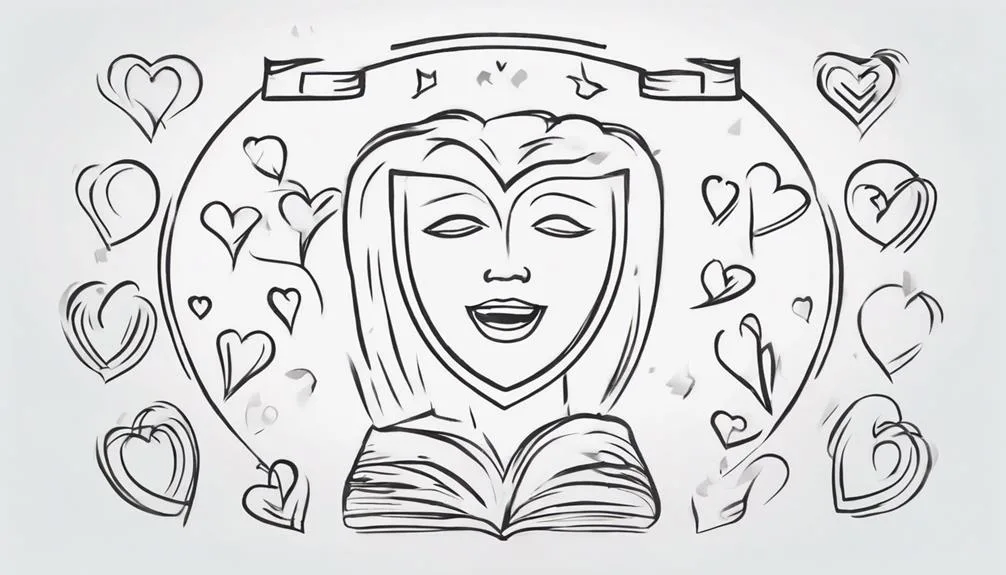
Having a strong sense of self-confidence is a clear indicator you're ready to start on a new relationship. You've been investing time in self-love practices, understanding that valuing yourself sets a solid foundation for healthy interactions. Whether it's journaling your thoughts, affirming your worth, or simply setting aside moments for self-care, these activities are important. They're not just routines; they're stepping stones to realizing your value.
Additionally, engaging in confidence-building activities has become part of your lifestyle. From public speaking workshops to trying out new hobbies that push your comfort zone, you're not just waiting to feel confident; you're actively creating it. This proactive approach shows you're not just ready for a relationship, but you're also entering it with a robust sense of who you are.
Emotional Independence Achieved

After establishing self-confidence, the next step toward being ready for a relationship is achieving emotional independence. This means you've cultivated a strong sense of self-awareness, understanding your emotions, desires, and needs without relying on a partner to fulfill them. You're capable of managing your feelings and can find happiness within yourself rather than seeking validation from others.
This essential self-reliance is vital for healthy relationships because it prevents emotional dependency on your partner, which can lead to undue pressure and conflict. Establishing healthy boundaries is also a part of emotional independence. It's about knowing where you end and your partner begins, ensuring mutual respect and understanding.
When you've achieved this level of independence, you're truly ready to share your life with someone else.
Past Relationships Resolved

Before moving forward in a new relationship, it's essential you've made peace with your past ones. The healing process involves more than just time; it's about actively seeking closure. When you've truly let go of past hurts and misunderstandings, you're not just freeing yourself but also opening your heart to new possibilities. Closure achieved in past relationships signifies you're not carrying old baggage into something new. It's a clear sign you're ready to embrace love again, with a heart that's healed and a mind that's clear.
| Emotion | Before Closure | After Closure |
|---|---|---|
| Anger | High | Low |
| Sadness | Intense | Faded |
| Fear | Overwhelming | Minimal |
| Hope | Scarce | Abundant |
| Peace | Absent | Present |
Clear Communication Skills
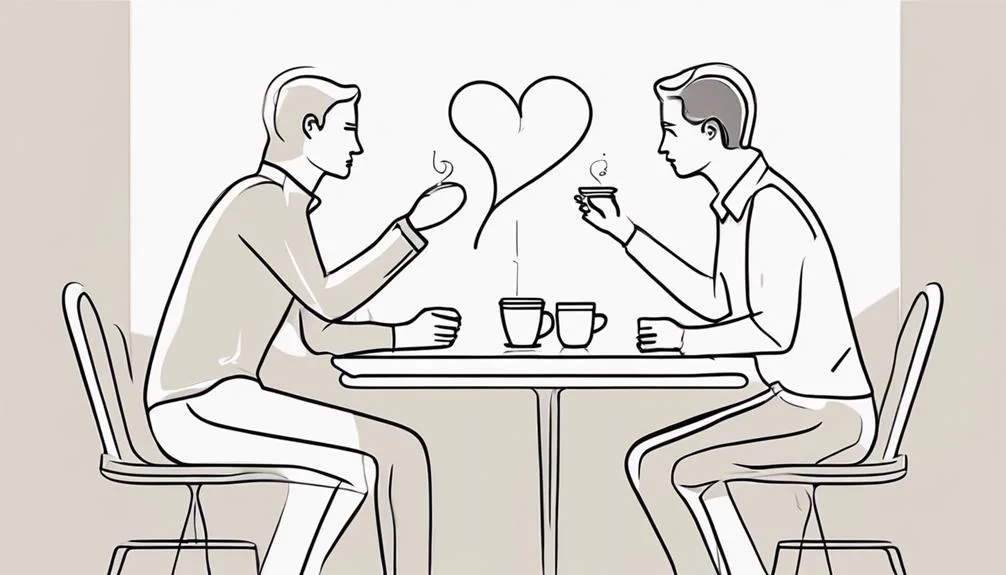
Clear communication skills are essential when you're stepping into a new relationship, allowing for honest and open exchanges between you and your partner. It's not just about talking; it's also about being an active listener, understanding and interpreting nonverbal cues, and overcoming listening barriers. Here's what you need to focus on:
- Active Listening: Truly hear what your partner is saying, without formulating your response while they're still talking.
- Understanding Nonverbal Cues: Much of communication is nonverbal. Pay attention to body language, eye contact, and tone of voice.
- Overcoming Listening Barriers: Identify and work through anything that hinders effective communication, such as preconceptions or distractions.
Mastering these aspects means you're ready to engage in a relationship with clear, open lines of communication.
Ready to Compromise

While mastering communication sets a solid foundation, being ready to compromise also plays a key role in preparing for a healthy relationship. It's about finding balance, showing mutual respect, and nurturing shared interests even when they don't align perfectly with your own. You're not losing yourself; you're creating space for both to grow.
| Compromise Aspect | Imagery for Understanding |
|---|---|
| Decision Making | A see-saw balancing evenly |
| Time Management | A shared calendar with color-coded interests |
| Problem Solving | Two puzzle pieces fitting seamlessly |
| Interest Sharing | Two rivers merging into one |
This table illustrates how compromise works in real-life scenarios, ensuring both partners feel heard and valued.
Financial Stability Reached
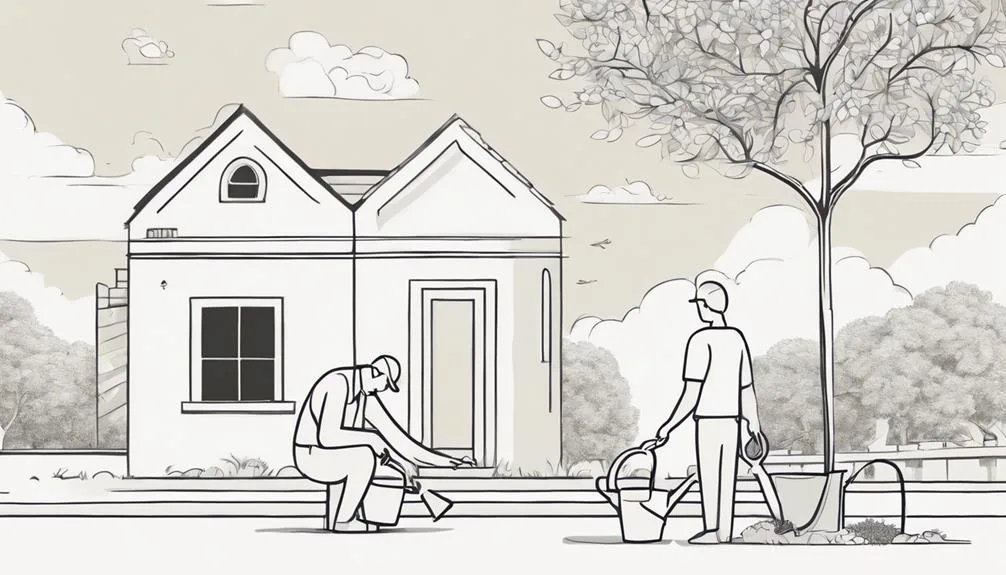
Achieving financial stability marks a pivotal moment in your readiness for a committed relationship. It's not just about having enough to cover your bills, but also about being able to plan for the future together. Here's what reaching this milestone really means:
- You've mastered budget management. Keeping track of your expenses and income guarantees you're living within your means, a vital skill for shared financial responsibilities in a relationship.
- You're hitting your savings goals. Whether it's for an emergency fund, a dream vacation, or a home, reaching these targets shows you can prioritize and save for future needs.
- You understand the value of financial security. Knowing you're financially stable gives both you and your partner peace of mind, laying a strong foundation for a healthy, lasting relationship.
Time for Commitment Available

Having the time to fully commit to a relationship is just as important as being financially prepared. If your social calendar and personal hobbies leave you with little free time, it's essential to think about how a relationship fits into your life.
Relationships require time and energy, and balancing them with your current commitments is essential. You must be willing to adjust your schedule, ensuring you have the capacity to nurture a growing relationship. If you're finding yourself consistently overstretched, it may be a sign to reassess your priorities.
Being ready for a relationship means having space in your life, not just in your heart. Make sure you're not just available, but also willing to invest the time needed.
Same Relationship Goals
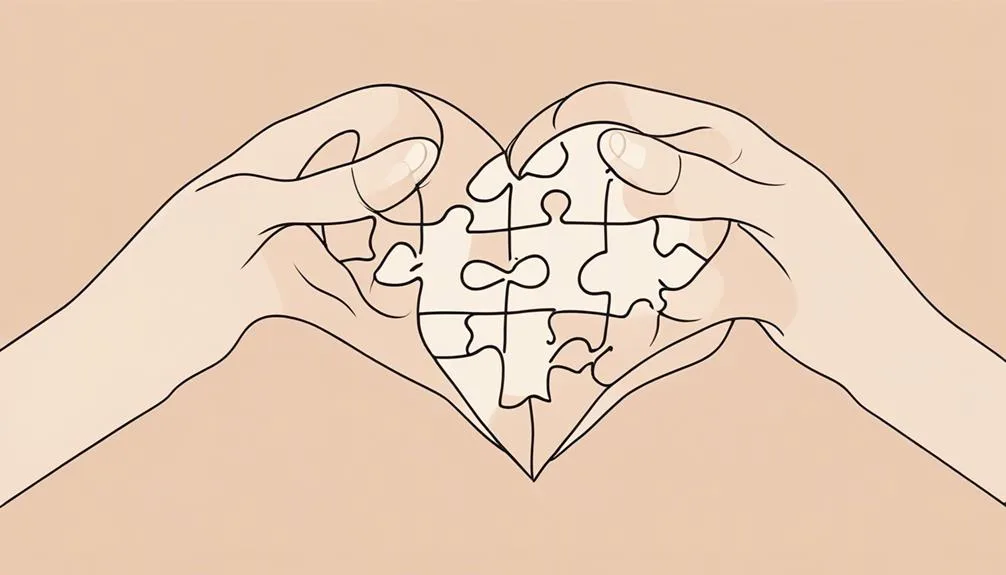
Beyond making time in your schedule, it's also important that you and your potential partner share similar relationship goals. This alignment guarantees that both of you're moving in the same direction, reducing the likelihood of future conflicts. Here's why:
- Shared interests foster deeper connections, making it easier to enjoy time together and understand each other's passions.
- Future planning becomes streamlined when you both have a common vision for where the relationship is headed, whether it's about settling down, career aspirations, or lifestyle choices.
- Compatibility in relationship goals reinforces commitment, ensuring you're both investing in something that has a future.
Willingness to Trust Again
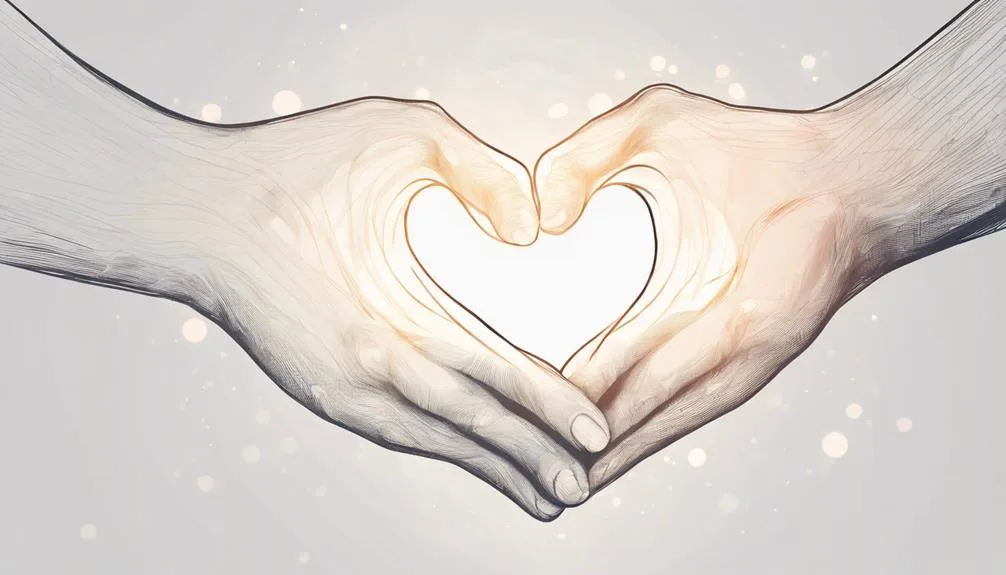
After experiencing heartbreak, it's essential that you're open to trusting someone new if you're considering entering a relationship again. This willingness to trust again is a clear sign you've moved through your healing journey and are ready to welcome new love into your life.
Trust isn't just about believing someone won't hurt you; it's about accepting your own vulnerability. Vulnerability acceptance means acknowledging that while getting hurt is a possibility, the connection and intimacy you gain are worth the risk. It shows you've learned from past experiences without letting them dictate your future.
If you find yourself at this stage, where you're not just willing but excited to trust again, you're likely ready to set off on a new romantic adventure.
Personal Growth Prioritized

Prioritizing personal growth indicates you're ready to bring your best self into a new relationship. When you've dedicated time to self-awareness development and embraced lifelong learning, you've basically prepared yourself to engage in a partnership with depth and understanding.
This journey of personal enhancement usually involves:
- Constant Self-Reflection: Continuously evaluating your thoughts, emotions, and actions fosters a profound self-awareness.
- Embracing Change: Being open to change and growth shows you're not stuck in past patterns, making you a better partner.
- Seeking New Knowledge: Lifelong learning isn't just about formal education; it's about being curious and open to new experiences and perspectives.
Conclusion
Having invested considerable effort into personal growth, the evidence of your readiness for a relationship is clear. Your confidence and emotional independence shine through, and your ability to communicate and compromise highlights your readiness for commitment.
Matching relationship goals with your partner and the willingness to trust signify a new beginning. Embrace this journey with openness, and let the mutual growth guide your path forward.
Could this be the moment you've been preparing for? The journey ahead promises growth, understanding, and the joy of shared experiences.

